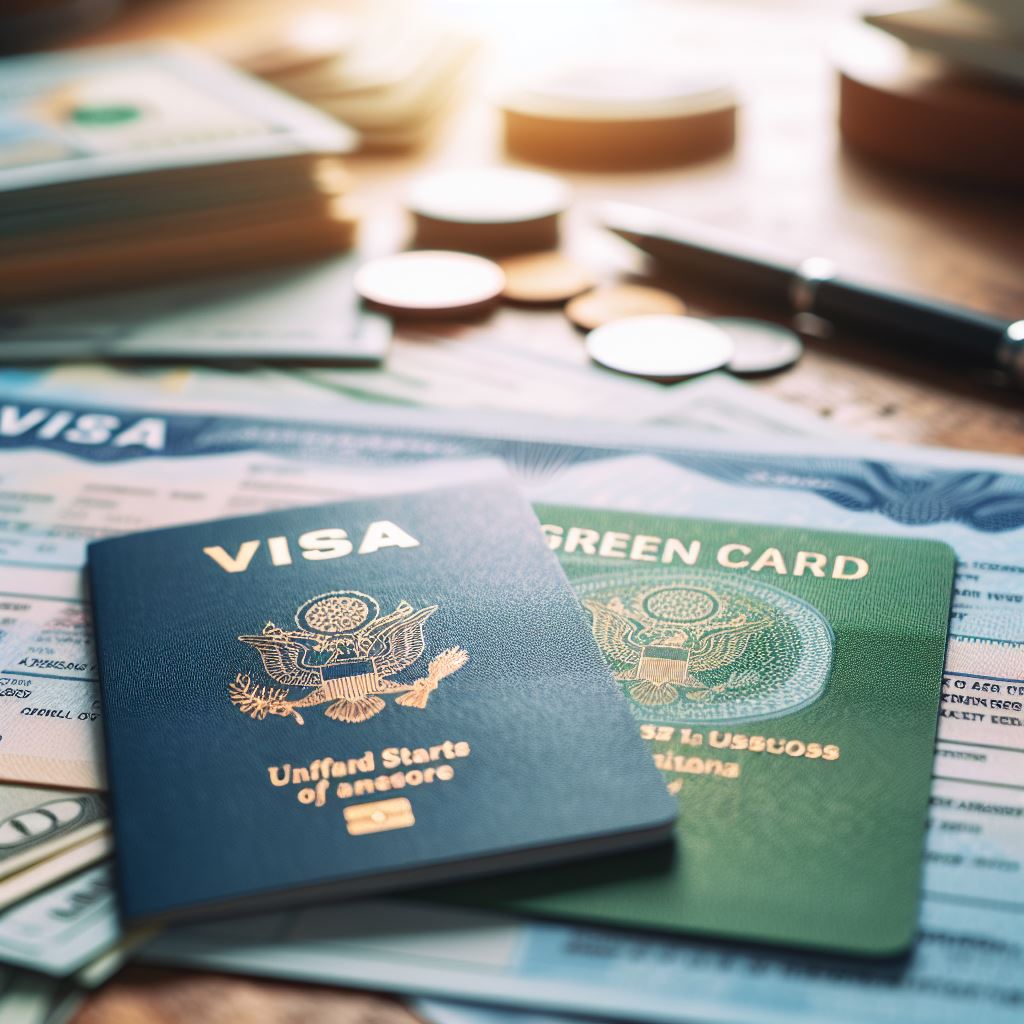The movement of the Lebanese people to Slovenia is a very attractive option for a lot of people. Here’s a breakdown of the key points to consider:

Visa required
The Lebanese people have to apply for a visa to come to Slovenia, even if they are going there for a day or two. The visa type is distinct for each of the reasons for your visit (tourism, work, study, etc.).
Immigration process
It involves two main paths:
Work visa
If you have been given a job in Slovenia, your employer can be of assistance to you in the process of getting the work visa. This is generally the way that is the easiest.
Residence permit
The other example is when you are coming on grounds other than work (investment, study, family reunification), you will have to apply for a residence permit directly with the Slovenian authorities.
Slovenian government website
The Slovenian government website is the primary source of information on the visa requirements and the application process for different situations.
Slovenian embassy/consulate in Lebanon
The Slovenian embassy or consulate in Lebanon is one of the places that can provide you with the exact advice and application forms.
Additional considerations
You should consider the following issues:
Language
The Slovene language is the official language of Slovenia, which is the country where the language of the country is the Slovene. Though English is used in some tourist places, the basic Slovene is a good way to be in touch with society.
Cost of living
The housing in Slovenia is more expensive than in Lebanon, which is the main reason for the higher living cost. Consider it when you are making a financial plan.
Integration
Slovenia is the one that offers integration programs to the new residents which helps them to get adjusted to life in the country. These courses are very significant in the language, and culture and for the beginning of the journey.
Here are some resources that can be helpful:
Visit world – Lebanese ex-pats in Slovenia
This website gives information that is specifically for the Lebanese people who want to go to Slovenia and the visa and residence permit process involved in it.
Immigration-residency. eu
This website is a fundamental user manual for immigration in Slovenia, which provides information for Lebanese citizens. Remember: Immigration is one of the most challenging issues to solve. Think about the immigration lawyer who is an expert in European immigration and ask him/her for the guidance that you will get during the whole process.
Slovenia is a country that welcomes foreigners and the stay in the Republic of Slovenia is possible by having valid documents and a residence permit. Besides, it is also a provider of international protection and foreigners. Individuals of the European Endorser States (and the Part Conditions of the European Monetary Region EEA) can enter the Republic of Slovenia with a legitimate identity card. Or a substantial identification and don’t need to get a visa or a home license. A similar treatment is likewise applied to the relatives of individuals who are being treated for passage and home too. The Third-country nationals, who are not from this nation, will have to obtain a visa or a residence permit from Slovenia’s embassy abroad before they come to the Republic of Slovenia.
Slovene citizenship
A person can obtain citizenship of this place through:
Birth
Citizenship is the one that is received by being born in the country. The kids of at least one Slovene parent, even if they are born outside, usually get Slovene citizenship. The citizenship of a Slovene parent is not influenced by the generations or the residence requirements for a child born out of this country. One can also claim to be a Slovene citizen if he/she can prove that at least one of his/her grandparents was a Slovene citizen.
Naturalization (Acquisition after birth)
Slovenians of Slovene descent and the people who are married to Slovenes are the ones who can get the fast naturalization in a short time. The Slovene nationals who have been married for three years and have been living in Slovenia for one year may be eligible for naturalization. The overwhelming majority of the immigrants will have to live in Slovenia for ten years before they will be able to get citizenship. Slovenian citizenship requires the applicants to pass the Slovenian language test. Typically, Slovenia demands that people who are naturalizing give up their previous nationality unless the Slovenian government thinks that such a decision is reasonable and grants a special exception.
You may also find these articles helpful
Main reasons why visas in the Bahamas get denied
Getting an employment visa: Work permit in Denmark
Traveling to Australia (visa requirements)
